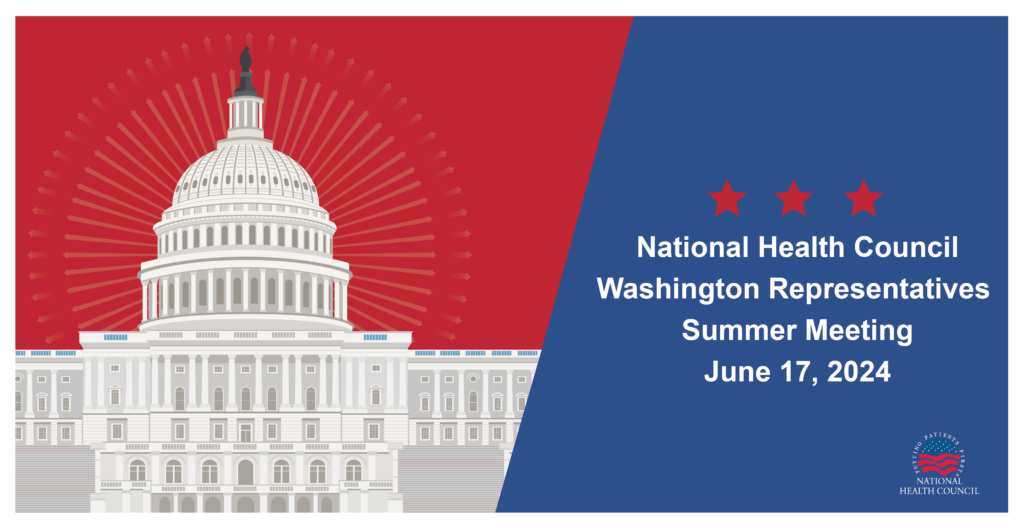

Guest Blog: Make Brain Health Top of Mind During Alzheimer’s & Brain Awareness Month
By Sam Fazio, PhD, Senior Director of Quality Care and Psychosocial Research, Alzheimer’s Association
June is Alzheimer’s & Brain Awareness Month and the Alzheimer’s Association® is encouraging all Americans to take charge of their brain health.
Today, there are nearly 7 million Americans living with Alzheimer’s. The lifetime risk for the disease at age 45 is 1 in 5 for women and 1 in 10 for men. The brain changes that cause Alzheimer’s are thought to begin 20 years or more before symptoms start, which suggests that there may be a substantial window of time in which we can intervene in the progression of the disease.
Experts believe there isn’t a single cause of Alzheimer’s. It’s likely the disease develops as a result of multiple factors. While not a direct cause of Alzheimer’s, the greatest known risk factor is advancing age. Although some risk factors like age cannot be changed, others — including physical inactivity, smoking, high blood pressure and poor nutrition — may be modified to reduce a person’s risk.
As many as 40% of dementia cases worldwide may be attributable to modifiable risk factors. Based on mounting scientific evidence, the Alzheimer’s Association launched the “10 Healthy Habits for Your Brain” campaign earlier this year to encourage people of all ages to protect themselves from cognitive decline and dementia through positive, everyday actions. Adopting these healthy habits can help reduce the risk of cognitive decline and possibly dementia. The need for all Americans to take charge of their brain health has never been greater. By 2050, it is estimated that 13 million Americans will be living with Alzheimer’s with the cost of caring for these individuals approaching $1 trillion annually.
Be Proactive in Addressing Brain Changes
Some changes in memory, thinking and behavior can be a normal part of the aging process, but when they start to interfere with daily life, this can be a sign of something serious, like Alzheimer’s or another dementia.
While memory loss is one of the most common symptoms of Alzheimer’s, other signs may be present, such as altered judgment, mood or personality changes, and challenges in decision-making and carrying out projects. For example, you may see a family member struggling with day-to-day tasks they used to do easily, like making a familiar recipe or checking emails on their computer. Difficulty with words — such as repeating stories or struggling to name a familiar object — is also common. Misplacing items and being unable to trace steps to find them is another sign. Additionally, withdrawal from social gatherings and activities someone used to enjoy can be a red flag.
The Alzheimer’s Association offers these 10 Early Signs and Symptoms of Alzheimer’s to help people identify potential early warning signs of Alzheimer’s or other dementia.
Early detection and diagnosis of Alzheimer’s and other dementia offers the best opportunity for care, management, and treatment. It also provides diagnosed individuals more time to plan for the future, participate in clinical trials, and live with a higher quality of life, for as long as possible.
There are now treatments that may slow disease progression for people in the early stage of Alzheimer’s, making a timely diagnosis critically important. If you or a loved one are experiencing memory or thinking problems, it is vital to get evaluated by a medical professional as soon as possible. Multiple conditions can cause cognitive changes, so it’s essential to obtain a full medical evaluation to determine whether symptoms are related to Alzheimer’s or something else. If the diagnosis is Alzheimer’s, your doctor can help you navigate treatment options and make an informed decision on what is right for you.
Join the Fight to End Alzheimer’s
During Alzheimer’s & Brain Awareness Month, the Alzheimer’s Association invites everyone to join us in the fight to end Alzheimer’s and all other dementia. Here are actions you can take to promote brain health and the cause:
- Adopt the 10 Healthy Habits: It is never too early or too late to start taking positive actions for your brain. Visit alz.org/healthyhabits to learn more!
- Go purple: Throughout June, go purple — the color of the Alzheimer’s movement — to raise awareness of the disease. Dress in purple and share your story on social media using the hashtag #ENDALZ.
- Join the fight: Advance the care, support and research efforts of the Alzheimer’s Association by participating in our signature fundraising events — Walk to End Alzheimer’s®, The Longest Day® and Ride to End ALZ®. Visit alz.org/fundraisingevents.
- Accelerate research: Alzheimer’s Association TrialMatch® is a free, easy-to-use service that connects individuals living with Alzheimer’s, caregivers and healthy volunteers to clinical trials that may advance Alzheimer’s research. Visit alz.org/trialmatch.
- Volunteer with us: As an Alzheimer’s Association volunteer, you can help people in your community take steps to reduce their dementia risk and recognize the signs of Alzheimer’s. Visit alz.org/volunteer.
- Advocate: Urge lawmakers to pass the bipartisan BOLD Reauthorization Act, to continue strengthening the dementia public health infrastructure in communities nationwide. Visit alzimpact.org/BOLD_Reauthorization.
Alzheimer’s & Brain Awareness Month is the perfect time to take charge of your brain health and adopt healthy habits that can have lifelong benefits. It’s never too early or too late to start.
The Alzheimer’s Association is a member of the National Health Council. For more information on NHC membership, please email membership@nhcouncil.org.
Other Blogs:


